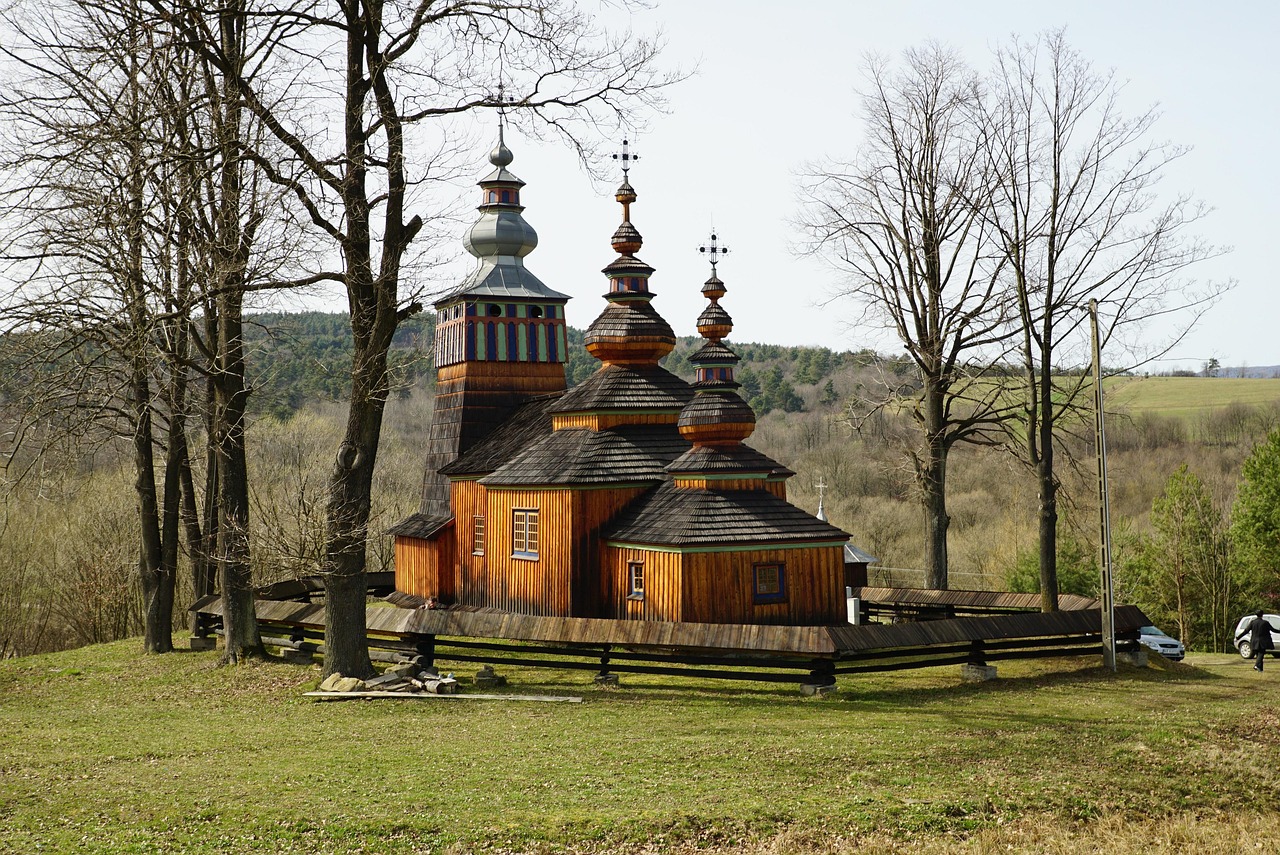Orthodox Christianity is one of the most ancient branches of the Christian faith, rooted in the earliest centuries of the Church. The very word “Orthodox” comes from the Greek words orthos meaning “right” or “true,” and doxa meaning “belief” or “glory.” Thus, the name can be understood as “true belief” or “right worship.” This term was used to emphasize the preservation of the original teachings of Christ and the Apostles, and it reflects the Orthodox Church’s deep commitment to safeguarding the purity of the Christian faith throughout history.
Orthodoxy is marked by a profound sense of continuity with the past. Its liturgy, prayers, and rituals have remained almost unchanged for centuries, creating a living connection between the faithful and the earliest Christian communities. The use of icons, incense, and chanting in worship is not merely a tradition but a spiritual practice intended to lift believers beyond the ordinary and into the presence of the divine. For Orthodox Christians, worship is not only an obligation but an encounter with the Kingdom of God itself, experienced here and now in the liturgy.
One of the most recognizable traditions of Orthodoxy is the celebration of feasts according to the liturgical calendar, which includes great festivals such as Pascha, the Orthodox Easter. Pascha is considered the “feast of feasts,” celebrated with joy, light, and the proclamation “Christ is Risen!” The Orthodox also observe fasting periods, the most significant being Great Lent, which prepares believers for the resurrection of Christ. These rhythms of fasting and feasting give shape to the spiritual life and help Christians live their faith in both body and soul.
When compared to Roman Catholicism, Orthodoxy shares many foundational beliefs, such as the divinity of Christ, the importance of the sacraments, and reverence for the Virgin Mary. Yet there are also key differences. Orthodox Christianity does not recognize the authority of the Pope, instead maintaining a conciliar structure in which bishops lead their communities collectively. This emphasis on council and tradition reflects the belief that truth is preserved not by one person but by the whole Church guided by the Holy Spirit. Additionally, Orthodox theology tends to stress the mystery of God and the transformative process of becoming united with Him, known as theosis.
These differences do not mean hostility but rather a divergence in historical development. The Great Schism of 1054 formally separated Eastern Orthodoxy and Western Catholicism, yet both traditions continue to share the same early roots of Christianity. What distinguishes Orthodoxy is its steadfast adherence to the ancient liturgy, its deep sense of tradition, and its focus on the mystical union of humanity with God.
Orthodox faith, with its heritage of prayer, worship, and spiritual discipline, calls believers not only to believe but to live in a way that reflects God’s glory. In its simplicity and depth, it invites the faithful to a life where tradition is not a burden but a bridge to the divine.
